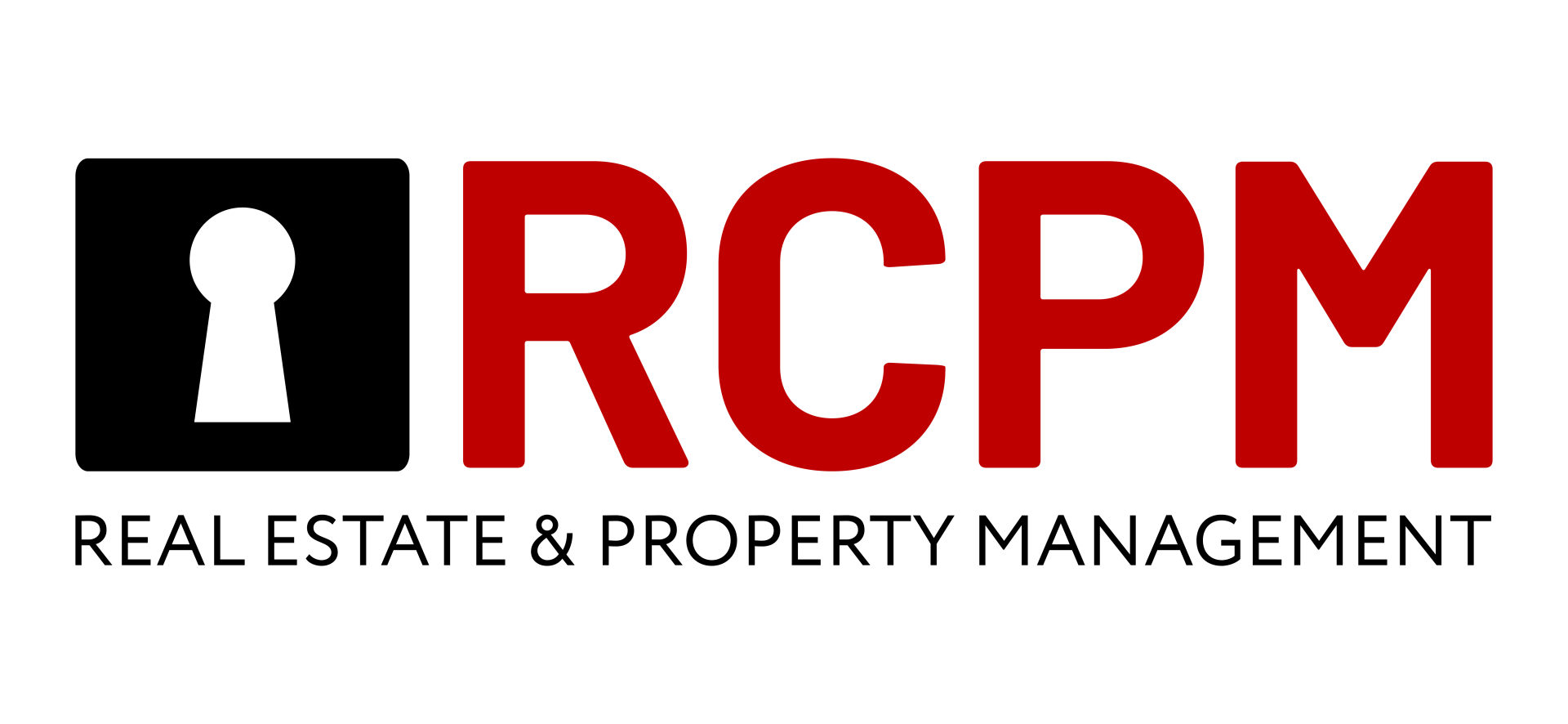Between relatively low prices and complicated financing, it is no surprise that many investors offer cash when purchasing an REO or a foreclosed property: it is quick, and many banks are willing to accept an offer below asking price if you can pay cash for the property. You will often see the mention “cash only” on the listings. It is something to keep in mind if you are planning to put an offer. However, financing a distressed home is possible and here is how to do it.
HOW TO FINANCE A DISTRESSED PROPERTY
Appfolio Websites • May 14, 2019
Distressed properties like bank-owned houses can make excellent real estate investments since they are often priced below market value. It could be the perfect occasion to acquire “the worst house in the best neighborhood,” in other words the real estate investment Holy Grail. However, financing an investment property can be tricky, and financing a distressed property comes with its own set of difficulties. You are not typically dealing with a homeowner, but with a bank which has its individual requirements and agenda. Besides, distressed properties are often in bad condition which is great if you are planning on flipping the house, but not so great if you want to finance it.
Conventional mortgages
Conventional mortgages are reasonably straightforward. However, they come with many requirements, both regarding yourself and the property you are planning on purchasing.
If you are planning to obtain a conventional mortgage to purchase a short sale or a bank-owned property as an investment, you must be able to prove to the bank that you are trustworthy. Many lenders will require you not only to have a excellent credit score, credit history and a low debt-to-income ratio, but also to be able to put out significant amount of cash towards a down payment (up to 30% of the purchase price) and cover any expenses for the first six months of the life of the loan.
Besides, the house must be in livable condition to be financeable. It is not always the case for distressed properties which have often suffered significant damages from being empty for sometimes years at the time, and have issues linked to neglect and delayed maintenance. Many bank-owned properties are sold “as-is.”
Finally, conventional mortgages take time. If you are competing with cash offers or a bidding war where time is of the essence, the property might sell before you are approved for the loan.
Hard money loans
Hard money loans, sometimes also called “fix-and-flip” loans, are a great option if you have a good track record as a real estate investor and if you are planning on selling the property quickly. Unlike conventional loans, which have a term of up to 30 years, hard money loans are short-term loans and must be paid usually before three years.
Their requirements in terms of credit score and down payments are lower than that of a conventional mortgage. They can be funded within days, which allows the borrower to move quickly. Besides, hard money mortgages issued based on the expected value after the property is rehabbed if it is in bad condition which gives the borrower access to larger loans.
However, these advantages come with a price. The interest rates are significantly higher, and the lenders will require proof of your experience as a real estate investor, such as a list of past projects, contractor estimates, and scope of work, in order to mitigate the risks.
Using the equity on your primary residence
If you do not have the real estate experience necessary to qualify for a hard money loan or the cash and credit history for a conventional loan, you may be able to use the equity that you built in your primary residence to put in a cash offer and purchase a distressed property.
If you have built equity into your primary residence (you will usually need at least 20% or more to qualify), there are two different ways you can tap into it without selling it:
- Cash-out refinancing: Refinancing consist in taking on a new loan to pay off your mortgage. With a cash-out refi, you can borrow more than what you currently owe on your property and use the extra money as you please. You can usually borrow up to 80$ of the value of the house, depending on your lender’s requirements and your personal credit history.
- Home Equity Line of Credit (HELOC): Unlike a cash-out refinancing, where you receive a lump sum of money, a HELOC lets you borrow money as needed using your home as collateral, like a credit card. Rates are usually higher than a cash-out refinancing, but closing costs might be lower.
Non-traditional lenders
Finally, non-traditional lenders may be more kin to finance a distressed property than traditional ones. However, you will need to do your homework before approaching them to present a viable business plan and all the estimates you may need to convince them.
The National Real Estate Investors Association
(REIA) may be able to direct you towards private groups and clubs interested in investing in real estate. Networking is key to identify potential lenders and establish your reputation.
Your friends and family may be willing to lend you money in exchange for a share of the profits. If you have time before your retirement, you might be able to pull funds from your IRA or 401k account
In conclusion, financing a distressed property can be a challenge. However, it is possible and gets easier as you establish your reputation as a real estate investor. An excellent real estate management company can not only help you find properties with business potential, but also supervise the rehabilitation process.








